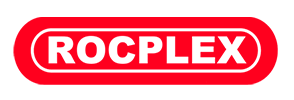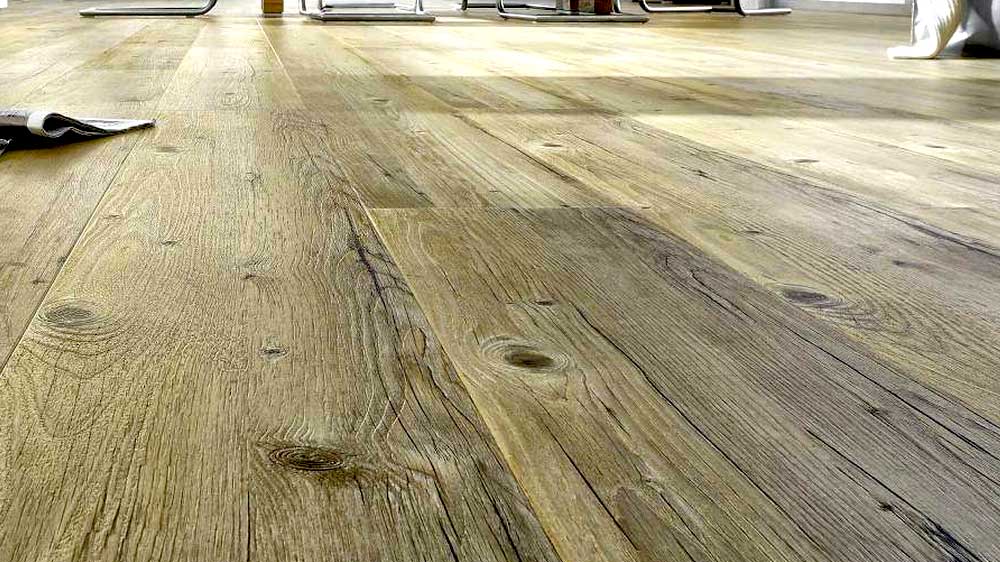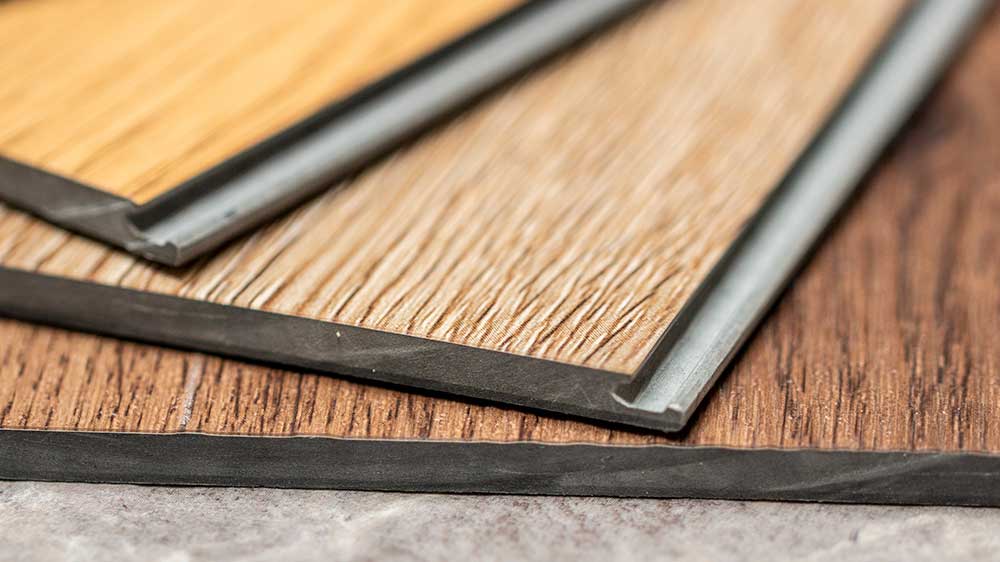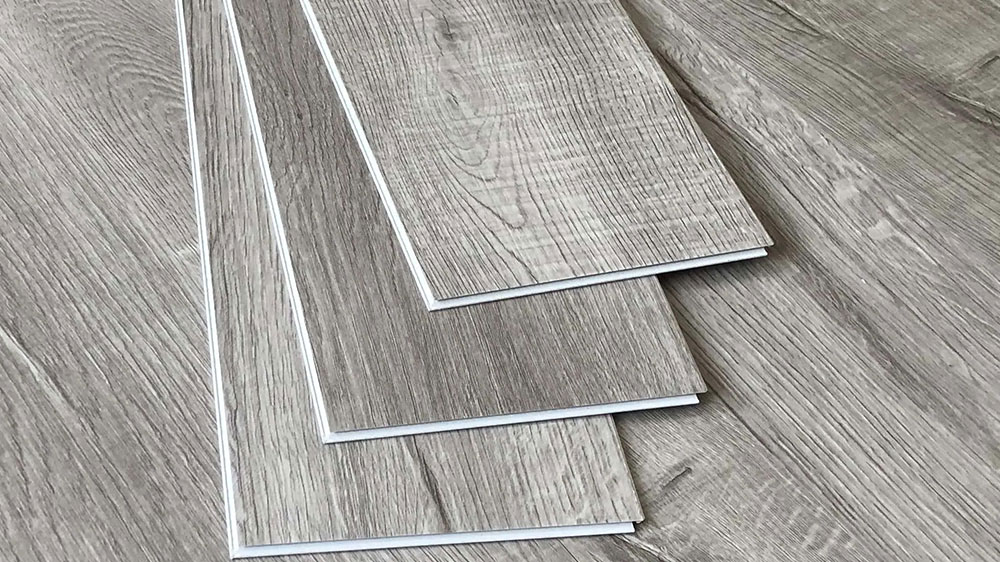What is Waterproof Vinyl Plank Flooring?
Waterproof vinyl plank flooring is also known as WPC (Wood Plastic Composite) or SPC (Stone Plastic Composite). It is a type of resilient flooring. This flooring is designed to withstand moisture and daily wear. Unlike traditional hardwood, it does not warp or suffer from water damage. Hardwood is prone to both. Waterproof vinyl flooring is made from multiple layers of materials. These layers provide strength and durability. The flooring is completely water-resistant. The top wear layer protects against scratches, while the waterproof core prevents damage from spills and humidity. These features make waterproof vinyl flooring an excellent choice for kitchens, bathrooms, basements, and other moisture-prone areas. Waterproof vinyl plank flooring comes in a variety of colors and textures. It includes authentic wood and stone looks. This combination offers both luxury and practicality.
Advantages of Waterproof Vinyl Plank Flooring
Waterproof vinyl plank flooring has become a popular choice for many homeowners. It offers numerous advantages over traditional flooring options. From its resilience to its aesthetic versatility, this flooring type offers several compelling benefits.
1. Complete Water Resistance
One of the most significant advantages of waterproof vinyl plank flooring is its complete resistance to water. Unlike hardwood or laminate flooring, which can warp or swell when exposed to moisture, vinyl plank flooring is 100% waterproof. This makes it ideal for areas like bathrooms, kitchens, and basements, where water exposure is a concern. The waterproof core of SPC flooring, in particular, ensures that spills and moisture do not cause any lasting damage, making maintenance simple and stress-free.
2. Durability and Scratch Resistance
Waterproof vinyl plank flooring is designed to withstand the rigors of daily life. The top wear layer is resistant to scratches and scuffs. This makes it suitable for high-traffic areas. It is also ideal for homes with pets or children. Luxury vinyl plank (LVP) and SPC flooring are both engineered for strength. They are designed to maintain their appearance under heavy use. This durability makes waterproof vinyl flooring a long-lasting investment. It can stand up to the demands of an active household.
3. Versatile Design Options
With waterproof vinyl plank flooring, homeowners can achieve the look of natural wood or stone. It does this without the drawbacks associated with these materials. Vinyl plank flooring is available in a wide range of colors, textures, and finishes. It can mimic the appearance of hardwood, tile, or stone. This provides a luxurious aesthetic at a fraction of the cost. The versatility of vinyl plank flooring allows homeowners to match it to any decor style. Whether rustic or modern, it creates a cohesive look throughout the home.
Waterproof Vinyl Flooring vs. Laminate Flooring
When choosing a new floor, many homeowners compare waterproof vinyl plank flooring to laminate flooring. While both options have their advantages, waterproof vinyl flooring offers unique benefits that set it apart.
Water Resistance
The most notable difference between waterproof vinyl flooring and laminate flooring is their ability to handle moisture. While laminate flooring is water-resistant, it is not entirely waterproof. Prolonged exposure to moisture can cause laminate to swell or warp, making it less suitable for areas like bathrooms or basements. Waterproof vinyl flooring, on the other hand, is impervious to water, making it the superior choice for moisture-prone areas.
Durability and Maintenance
Both waterproof vinyl flooring and laminate flooring are durable options, but vinyl planks has the edge when it comes to maintenance. Vinyl plank flooring is resistant to scratches, dents, and stains, and it requires minimal upkeep. Laminate flooring, while also durable, can be more susceptible to damage from heavy furniture or sharp objects. Additionally, vinyl plank flooring is easier to clean, as it can be mopped with water without the risk of damage.
Comfort and Aesthetic Appeal
Laminate flooring and waterproof vinyl flooring both offer attractive designs that can mimic natural materials like wood or stone. However, vinyl plank flooring is typically softer underfoot due to its cushioned layers, making it more comfortable to walk on. This added comfort can be particularly beneficial in kitchens, where standing for long periods is common.
Types of Waterproof Vinyl Flooring
There are several types of waterproof vinyl plank flooring, each offering distinct features and benefits. Understanding the differences between these types can help you choose the best option for your home.
1. WPC (Wood Plastic Composite) Flooring
WPC flooring is a type of waterproof vinyl flooring. It features a core made from a combination of wood fibers and plastic. This composition gives WPC flooring a softer feel underfoot. It also provides a more cushioned experience. This makes it a comfortable choice for living areas and bedrooms. WPC flooring is also highly durable and resistant to moisture, making it suitable for use in bathrooms and kitchens.
2. SPC (Stone Plastic Composite) Flooring
SPC flooring is another type of waterproof vinyl flooring, but it features a rigid core made from a blend of limestone and plastic. This core makes SPC flooring incredibly strong and resistant to dents and damage, making it ideal for high-traffic areas. SPC flooring is also completely waterproof, making it suitable for any room in the house, including basements and bathrooms.
3. Luxury Vinyl Plank (LVP) Flooring
Luxury vinyl plank (LVP) flooring is a high-quality type of vinyl plank that offers enhanced durability and a realistic appearance. LVP flooring is available in a wide variety of styles, including wood and stone looks, allowing homeowners to achieve the desired aesthetic without the maintenance concerns of natural materials. LVP flooring is also waterproof, making it a versatile and practical choice for any room in the home.
Waterproof Vinyl Plank Flooring vs. Tile Flooring
Tile flooring is another popular option for areas prone to moisture, and it is often compared to waterproof vinyl plank flooring. Each option has its advantages, depending on the needs of the space.
Water Resistance and Durability
Both waterproof vinyl flooring and tile flooring are highly water-resistant. This makes them suitable for kitchens, bathrooms, and other moisture-prone areas. However, tile flooring is more rigid. It can crack under heavy impact. On the other hand, vinyl plank flooring is more forgiving. It is less likely to suffer damage from dropped objects.
Installation and Comfort
Tile flooring can be more challenging to install. In contrast, waterproof vinyl flooring often features a click-lock installation system. This makes it suitable for DIY projects. Tile flooring tends to be colder and harder underfoot. On the other hand, vinyl plank flooring offers a warmer, more cushioned feel. This makes it more comfortable for everyday use.
Applications of Waterproof Vinyl Plank Flooring
Waterproof vinyl plank flooring is versatile and can be used in virtually any room of the home. Below are some of the most common applications.
Kitchens and Bathrooms
Waterproof vinyl flooring is an ideal choice for kitchens and bathrooms due to its water resistance and easy maintenance. Spills and splashes are common in these areas, and vinyl plank flooring can handle moisture without the risk of damage.
Basements
Basements are another area where waterproof vinyl flooring shines. Basements are often prone to moisture, and choosing a flooring option that can withstand humidity is crucial. Vinyl plank flooring is completely waterproof, making it a reliable choice for basement renovations.
Living Areas
Waterproof vinyl flooring is often chosen for its water resistance. However, its versatility and aesthetic appeal also make it a great option for living areas. The wide range of styles allows homeowners to create a cohesive look throughout the home. The added comfort underfoot makes it a practical choice for spaces where family members gather.
Benefits of Waterproof Vinyl Flooring
Waterproof vinyl plank flooring offers several benefits that make it a preferred choice for homeowners looking for a durable and stylish flooring solution.
Low Maintenance
One of the key advantages of waterproof vinyl flooring is its low maintenance requirements. Unlike hardwood or tile, which may require regular sealing or special cleaning products, vinyl plank flooring is easy to clean and maintain. Regular sweeping and occasional mopping are usually enough to keep the floor looking its best.
Affordability
Waterproof vinyl plank flooring offers the look of natural wood or stone at a fraction of the cost. This makes it an affordable option for homeowners who want to achieve a luxurious look without the hefty price tag. Additionally, the durability of vinyl plank flooring means fewer repairs and replacements over time, which can save money in the long run.
FAQs About Waterproof Vinyl Plank Flooring
Q: Is waterproof vinyl plank flooring suitable for bathrooms?
A: Yes, waterproof vinyl plank flooring is ideal for bathrooms due to its water resistance and durability.
Q: How does waterproof vinyl plank flooring compare to laminate flooring?
A: Waterproof vinyl flooring is completely water-resistant, while laminate is only water-resistant and can warp with prolonged moisture exposure.
Q: Can waterproof vinyl plank flooring be installed over existing floors?
A: Yes, waterproof vinyl flooring can often be installed over existing floors, making it a convenient option for renovations.
Q: What is the difference between WPC and SPC flooring?
A: WPC flooring has a softer, more cushioned core, while SPC flooring has a rigid core made of limestone and plastic, offering greater strength.
Q: Is waterproof vinyl plank flooring pet-friendly?
A: Yes, waterproof vinyl flooring is pet-friendly, as it is resistant to scratches and easy to clean, making it ideal for homes with pets.
Post time: Feb-12-2025




